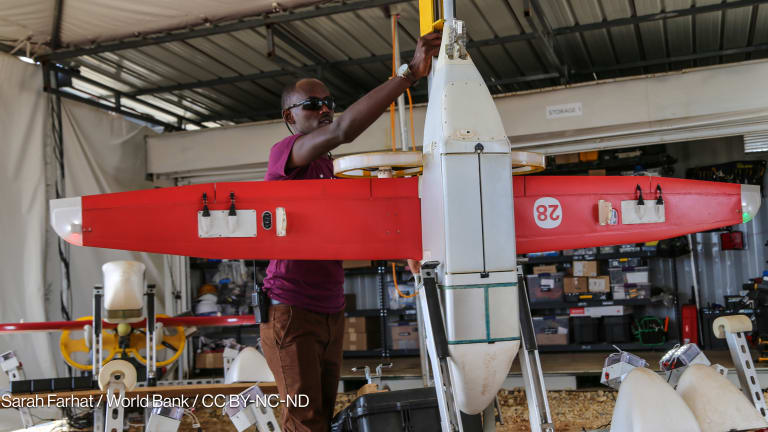As the global development community prepares to finalize a new set of goals and targets for the next 15 years, big data has become a key part of discussions. The post-2015 agenda has 17 sustainable development goals and 169 associated targets, and big data could be essential to monitoring and measuring progress.
More than just collecting large volumes of data, big data is an umbrella term for an ecosystem that allows for real-time collection, storage and analyses of digital information. The goal is to leverage analyzed data and provide insights that can guide policymakers and decision-makers, and practical information for the larger public.
Big data has spurred innovations in the way information is collected and translated into practical applications. In development, for instance, big data is being used for e-government solutions, such as e-social services and e-health. Opening up collected data to the public in a way that makes it easy to filter and sort information can help cut corruption and improve the delivery of government services as well. In addition, big data can provide granular weather forecasts that help farmers optimize their planting, harvesting and crop protection decisions.








